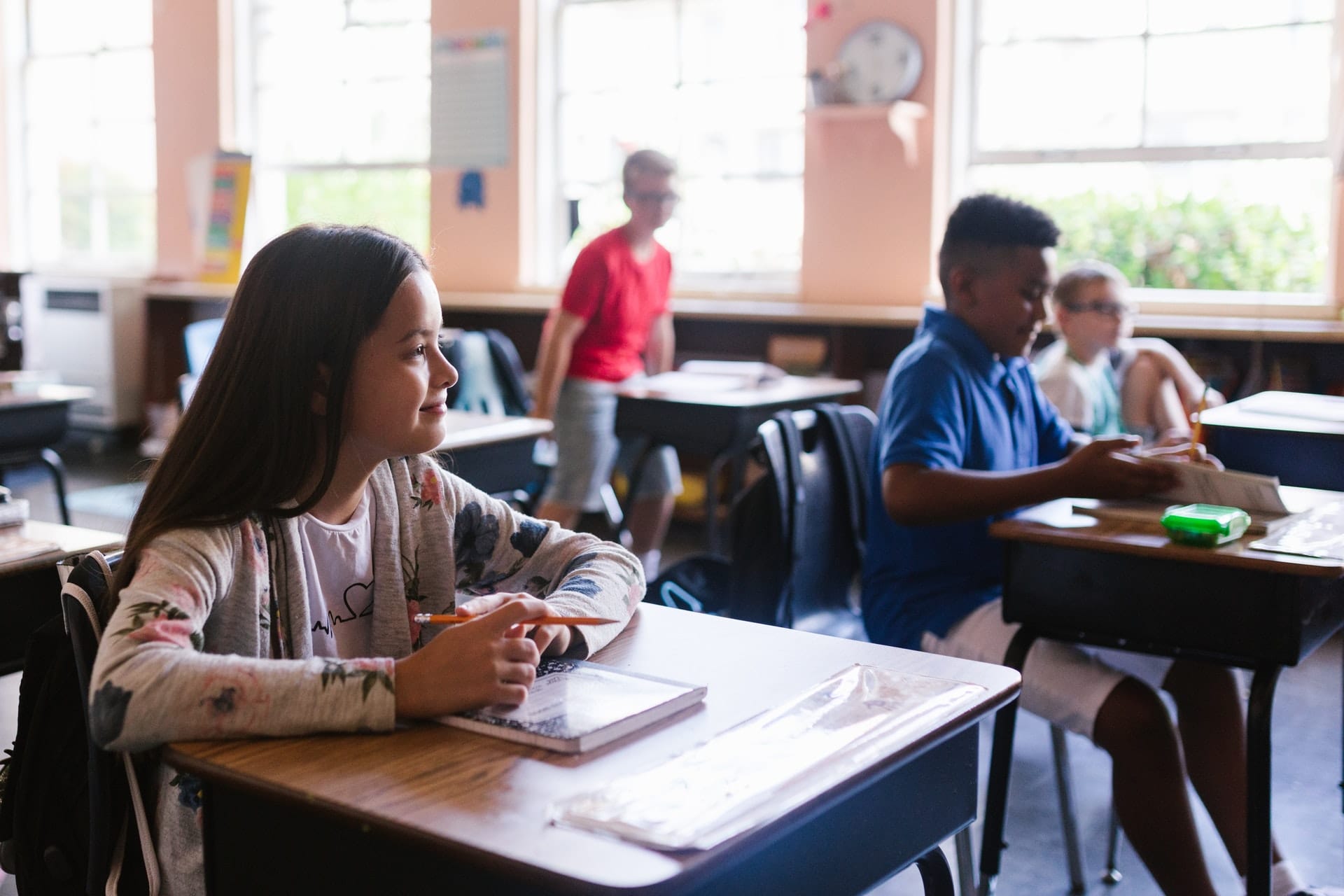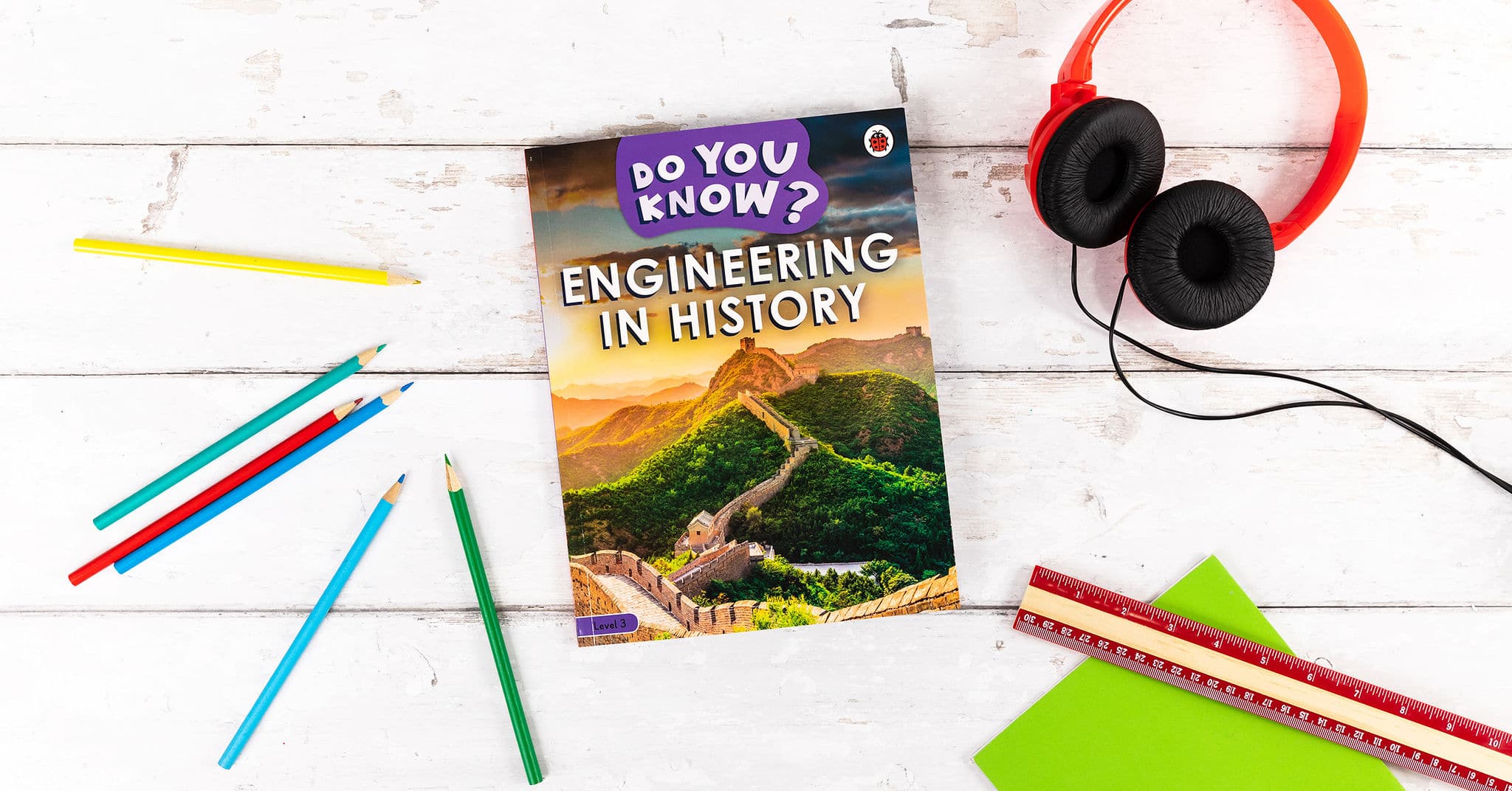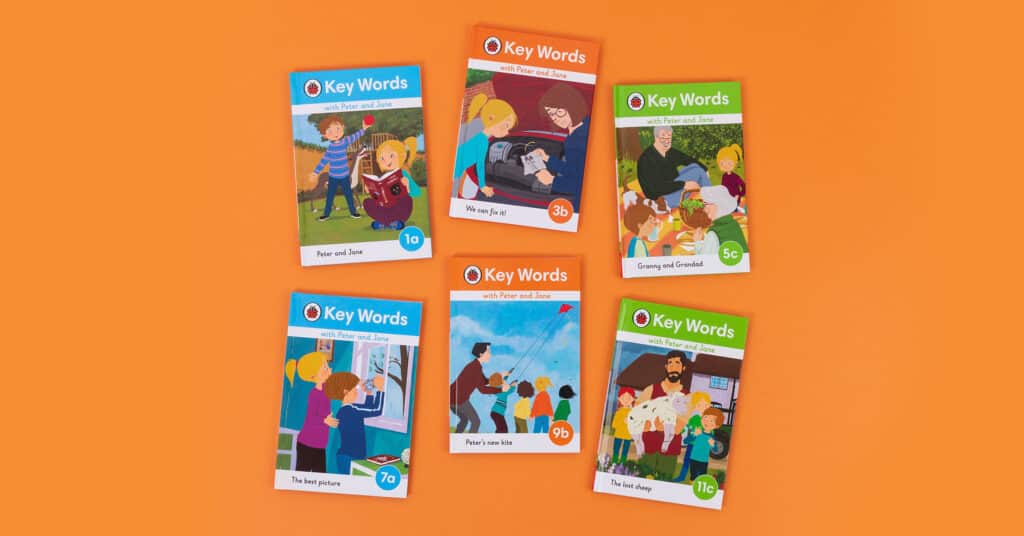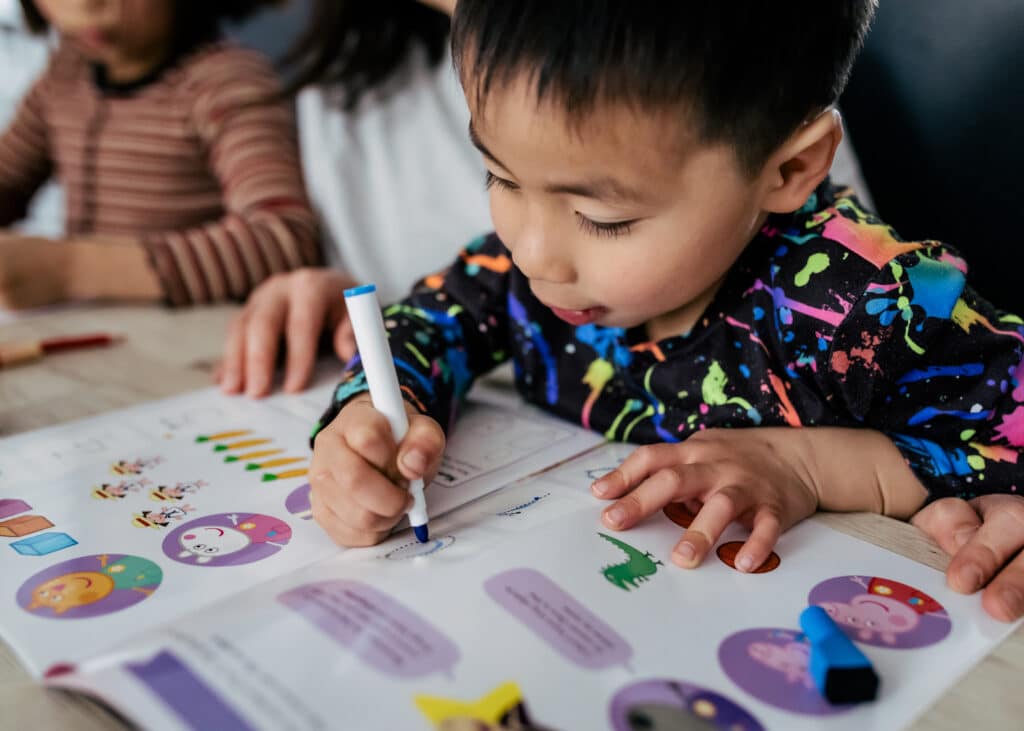The Benefit of Bringing Non-fiction into the Classroom
Not all reading experiences need a happily-ever-after. From exploring their hobbies to learning about topical subjects, here are the benefits of bringing non-fiction books into your learners’ classroom.

Non-fiction may seem like a step away from traditional story-based reading, such as the classics or fairy tales. But the genre can provide something uniquely interesting to its readers, away from a conventional beginning, middle and end.
As educators and parents, it’s important to offer choices to help learners become lifelong readers. Many readers are reluctant, have little interest and struggle with the reading process. That’s where non-fiction comes in. It can be a useful way to explore their interests and help them enjoy the reading process.
The non-fiction series Do You Know? offers fantastic resources for teachers and learners. These include the audio of the book, the video and transcript, lesson plans, answer keys and classroom posters.

How classrooms can benefit from non-fiction books:
- The text is often shorter, written in more manageable chunks.
- Integration of other subjects for CLIL schools.
- It can offer the opportunity to find a hook and explore what some reluctant readers are interested in.
- There is a power in personalisation to help engagement, motivation and interest.
- The books provide engaging and stimulating topics for discussions and debates.
- Cross-curriculum activities that can be used wider than the English-language classroom.
- Photography and visuals which bring the content to life.
Non-fiction doesn’t have to be restricted to books, either. Real-life activities are a wonderful way to extend the reading experience into the classroom and help elaborate on what you have learned together.
Fun activities to use with non-fiction readers:
-
The realia tray
Collect objects related to the book and use them to consolidate understanding of the main theme and key words. This is useful as a pre-reading task to set the scene, whilst reading to consolidate and post-reading to use for a writing or speaking task.
-
The feely bag
Find some objects related to the theme of the non-fiction reader. Put them into a bag, box or sack and ask learners to choose an item. As your learner discuss what they think it is, based on touch and then sight. Using these sensory skills can add interest and cater for specific learning styles, such as children who benefit from tactile learning situations.
-
The Freeze frame
Use the online book. Choose a page that has a picture next to it, focus on the picture and use it to explore the topic further, to set the scene or as a talking tool. As probing questions such as “what can you see in the picture?” “What is happening?” “What happened before the picture was taken?” “What do you think happens next?”
Discover more about Do You Know?
The series Do You Know? takes an enquiry-based approach, developing children’s language, communication and investigation skills.
A focus for more auditory learners with amazing videos to accompany each book. This can help embed key ideas and bring the book to life. Each book has video clips that include simplified voiceover and subtitles. There are lots of opportunities to explore language further with class projects that encourage collaborative tasks.

Top tips for using the Do You Know? series
- Explore the new words at the front of each book, use them as a focus point at each stage in the reading process: pre-reading, whilst reading and post-reading.
- Think about shared questions and experiences related to the book, bring it to life by creating interest which can make it more memorable.
- Use the online activity sheets to expand the topic and consolidate the language further.
Resources
Tags
Classroom learning | Do You Know | Non-fiction booksLevels: Beginner



